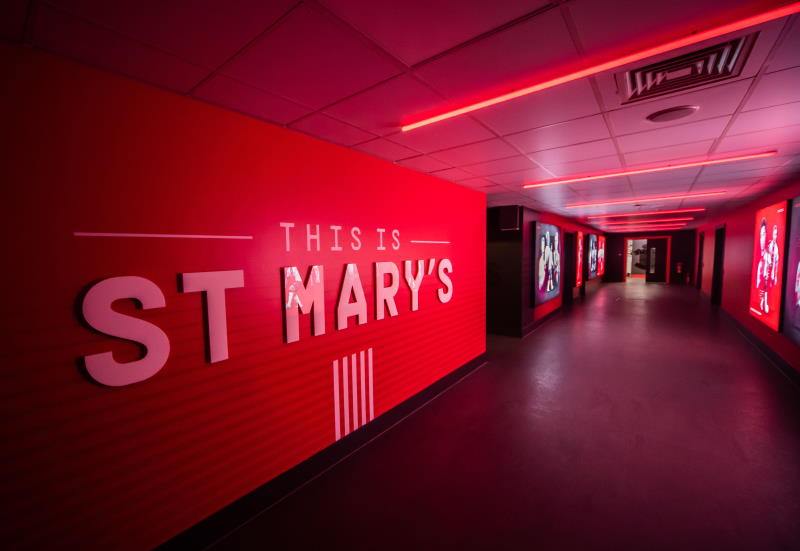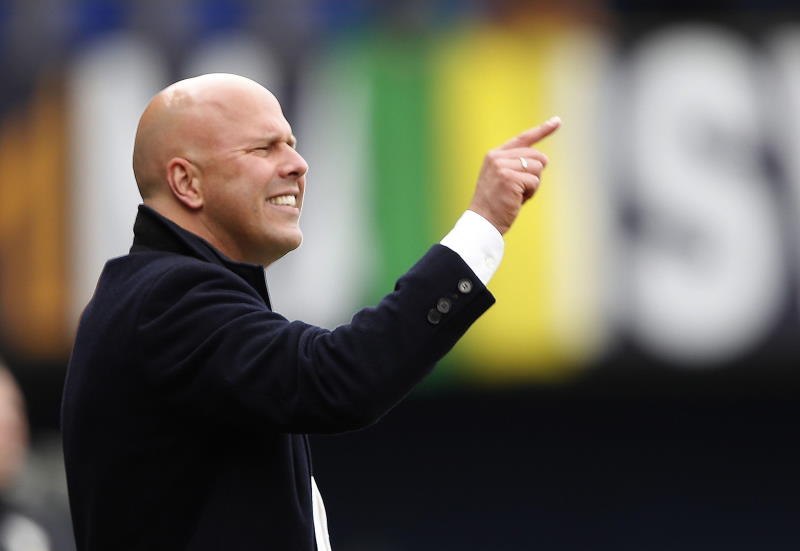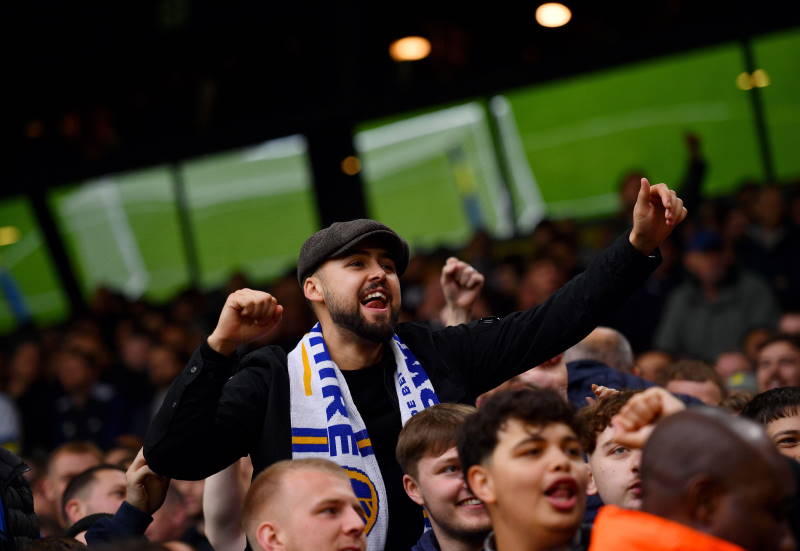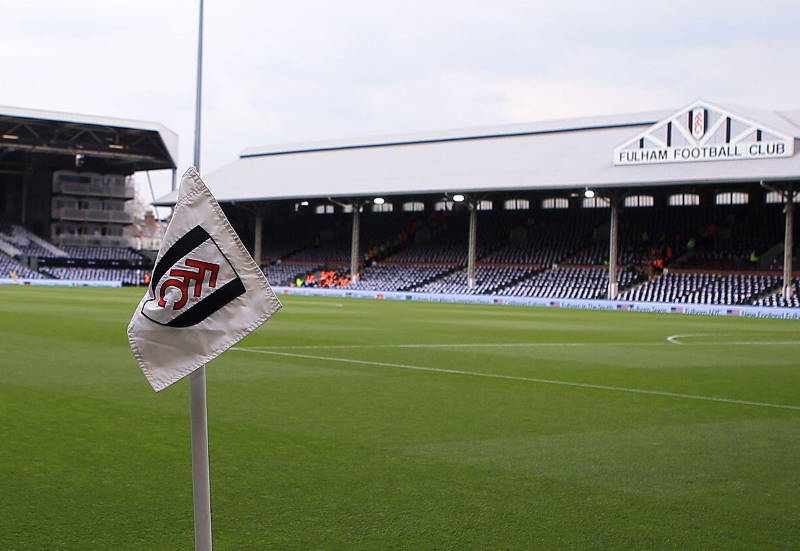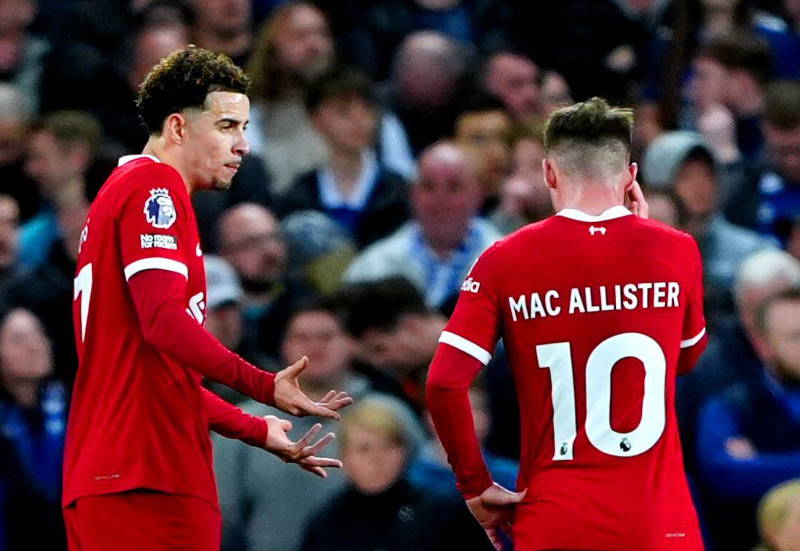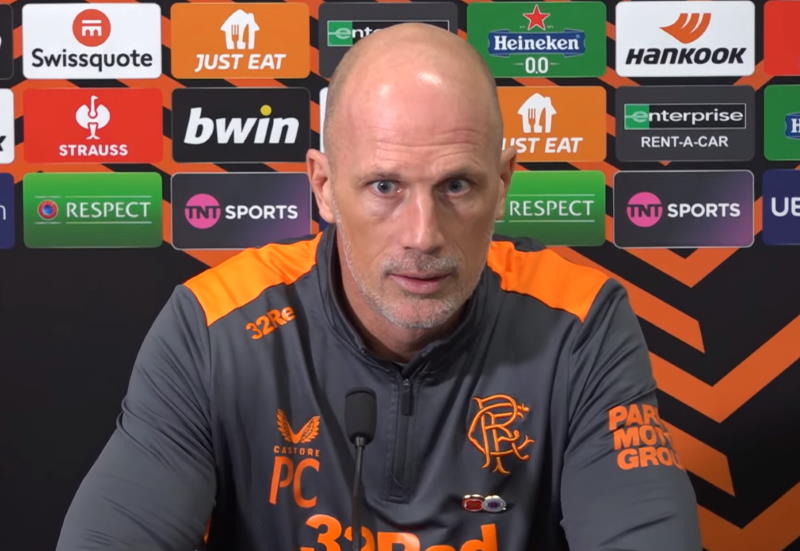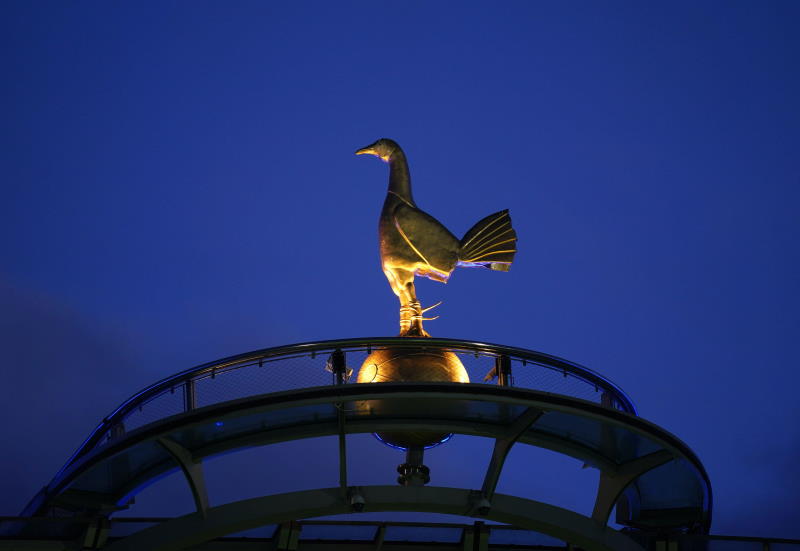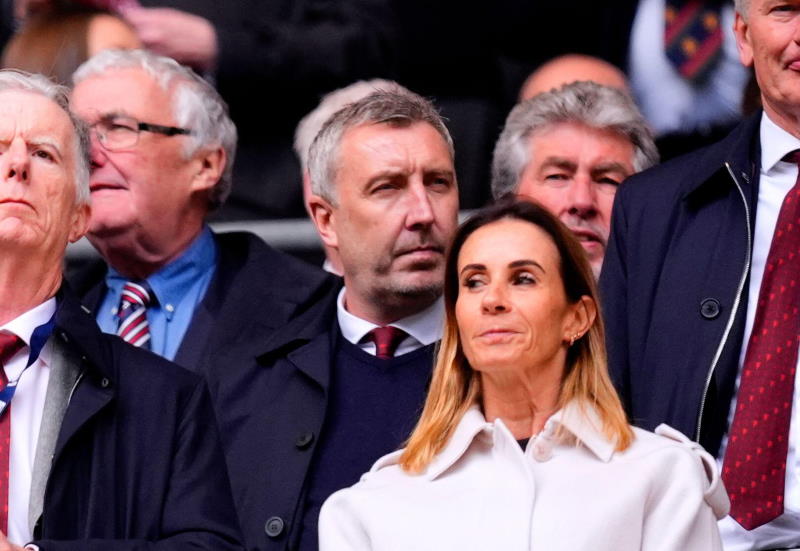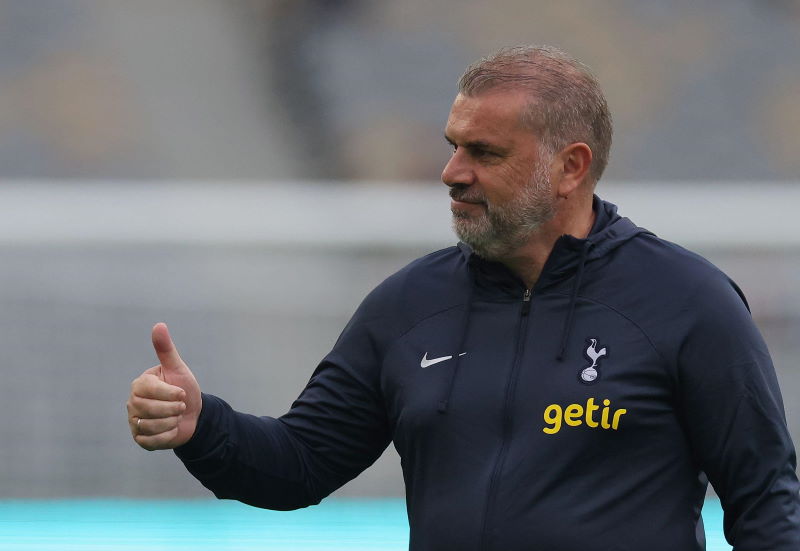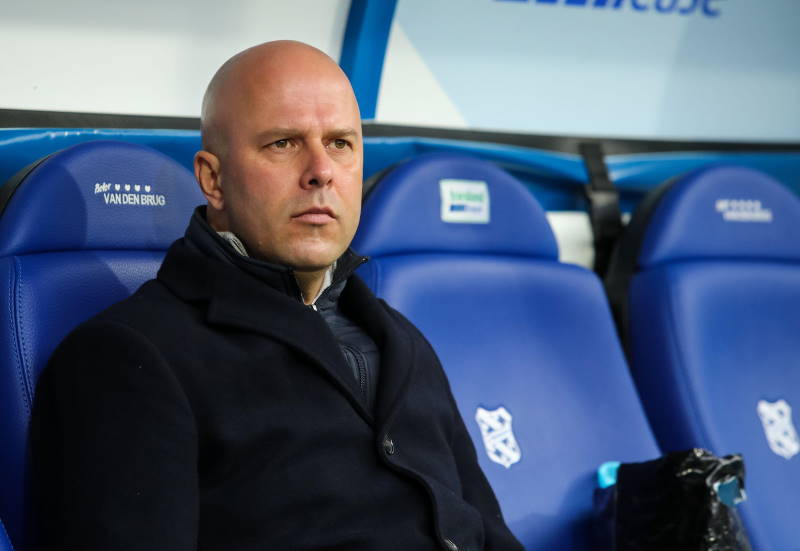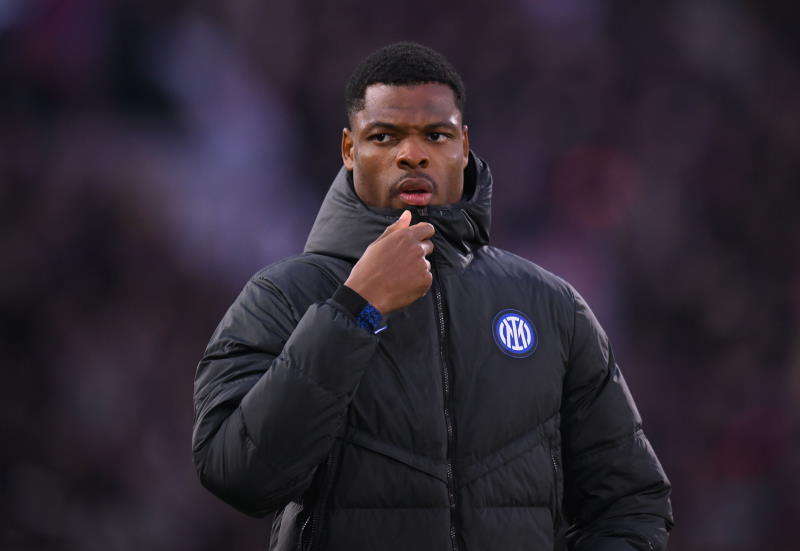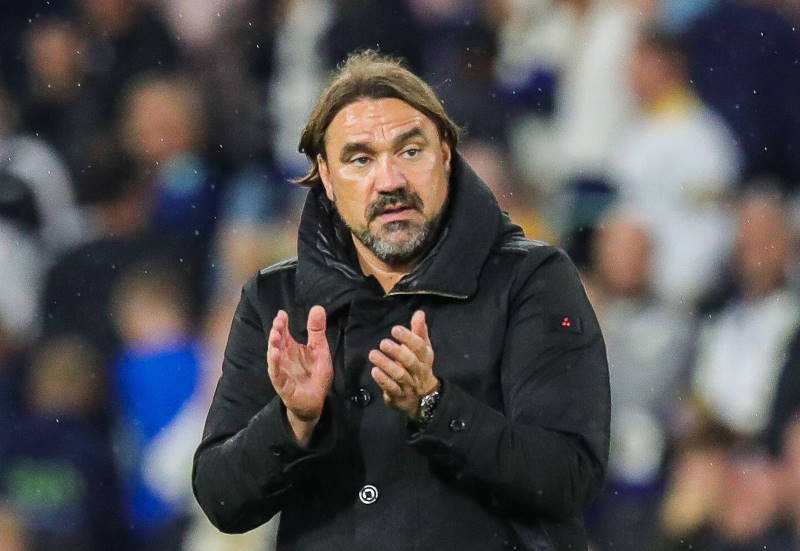
Alec Cordolcini
Since the new millennium dawned four Swiss clubs have been declared bankrupt: Lausanne (2002), Lugano (2003), Servette (2005) and La Chaux de Fonds (2009). All were important clubs in Swiss football, Servette having won 19 national titles, Lausanne seven, Lugano and La Chaux de Fonds three apiece. But in today's game it takes more than a proud history to survive.
Swiss giants Grasshopper Club Zurich might be the next to learn this lesson. The most successful club in the country's history with 27 league titles and 18 domestic cups, they have been suffering financial difficulties for a number of years and as such have been threatened with relegation from next season's Axpo Super League. The club's main investor, Heinz Spross, a garden centre magnate, will be leaving next June, and Grasshopper have not yet found new financial backing. According to the Neue Zurcher Zeitung newspaper, Grasshopper have debts of at least £5.8M, and without a backer to cover this will not be granted a Swiss Football League (SFL) license to play in the top flight next season.
Last summer hopes were high that backing had been secured. Businessman Philippe Gaydoul, former CEO of supermarket chain Denner, chairman of the Gaydoul Group and president of the Swiss Ice Hockey Federation, sought to reach a deal with Grasshopper's board. However, as the talks dragged on over a period of months, no conclusion was reached. Recently Gaydoul told Swiss paper 24 Heures that “the doors are completely closed. In spite of the fact that I am a Grasshoppers fan since childhood, my instinct told me I shouldn't make that deal. There have been too many talks. In my opinion, if two parties really want to reach an agreement they must stop beating around the bush and quickly take a decision.”
Grasshopper are a multi-sports club and central president Andres Iten has warned the fans that hard times may come for the football section. “We must face facts,” said Iten. “The financial situation is bad, and relegation to the 1.Liga (Swiss third tier) is a possibility we should examine. It's better to start again from a lower division than to waste money year after year. Our supporters must understand that.”
Another problem facing Grasshopper is the poor image the Swiss game has outside the country. Local football journalist Guido Togoni explained that “this total lack of a global image doesn't give the prospect of any return on investment. That's the reason why nobody wants to invest in our clubs. They all look abroad.” However, Togoni feels Grasshopper are culpable for their current predicament: “Grasshopper should only blame themselves if they are kicked out of the Super League. They have continued to behave as if they were a big club, failing to reduce transfer spending and their wage bill.”
The club's struggle to survive is only complicated by the lack of stadium. Their old ground, Hardturm, was closed and demolished before Euro 2008, and their new ground won't be ready before 2014 at the earliest. At the moment home is the Letzigrund Stadium, although how much of a home it actually is being the ground of arch-rivals FC Zurich is debatable.
Grasshopper's head coach, the former Inter and Bayern Munich midfielder Ciriaco Sforza is the only bright spot in an otherwise dull sky. After a poor start to the domestic campaign Grasshopper have surged up to third in the Super League and are aiming to secure a place in next season's Europa League. A lack of funds however, compels the club to sell its biggest talents soon after they break into the first team, and often even before then.
That is the story of striker Haris Seferovic who was sold last January to Fiorentina after impressing at the 2009 Under-17 World Cup in Nigeria. Serefovic netted five goals on his way to top scoring in the tournament as Switzerland lifted the trophy for the first time in their history. The 18-year-old forward was considered one of the best players on show, alongside team-mates Benjamin Siegrist (goalkeeper, Aston Villa) and Nassim Ben Khalifa, another product of Grasshopper's youth academy.
Ben Khalifa was awarded the “Silver Ball” as the second best player in the tournament, by then the 18-year-old striker had already made his debut with Grasshopper in the Super League – and scored his first goal.
“Skilled young players like Ben Khalifa”, said Sforza, “must be given the chance to play with their club's first team as soon as possible. They learn more from a single top division game than from ten matches played in the youth championship.”
In the present season Ben Khalifa has scored six goals, but in January the youngster penned a four-year contract with German side Wolfsburg, and will leave Zurich at the end of the season.
Two other talented youngsters also won't wear Grasshopper's shirt next season: Goalkeeper Yann Sommer and French-Italian forward Vincenzo Rennella. Sommer is currently at the club on loan from Basel, while former Challenge League top scorer (24 with Lugano in the 2008/09 season) belongs to Genoa. Both will surely be missed and veterans like centre back and captain Boris Smiljanic and Argentine forward Gonzalo Zarate won't be enough to bring the glory days back.
Grasshopper have a proud history in the Swiss top flight and are one of the few clubs to have made an impact on the European stage too. In 1977/78 the club reached the UEFA Cup semi-finals, and one year later made the quarter-finals of the European Cup, losing out to Brian Clough's Nottingham Forest. In 1995 Grasshopper became the first Swiss side to play in the Champions League. With 48 trophies won so far, should they fall, then another piece of Swiss footballing history will fall with them.
Related Articles:
- – Magical Debuts – Ravanelli Middlesbrough Hat-trick Shocks Liverpool
- – Young England Lion Sutter Blazing Trail Abroad
- – Sivasspor in Unexpected Relegation Fight

